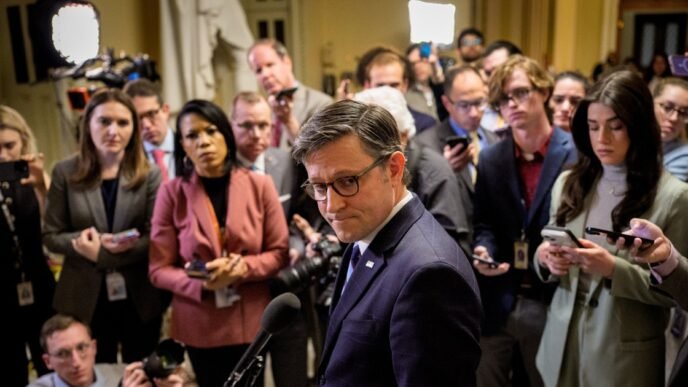Younger Americans, particularly those in Gen Z, tend to describe themselves as feeling lonelier and more anxious about the future than their elders, according to findings in the new NBC News Stay Tuned Poll, powered by SurveyMonkey.
Twenty-nine percent of U.S. adults under age 30 say they feel lonely or isolated from those around them all of the time or most of the time. Similarly, 26% of the next oldest generation, or those ages 30-44, say they feel lonely or isolated all or most of the time.
But only 15% of survey respondents who are members of Generation X, or those who are 45 to 64 years old, said they felt they were lonely or isolated most or all of the time, and only 8% of those ages 65 and older said the same. The overall results have a margin of error of plus or minus 2.2 percentage points, with a slightly higher margin of error (plus or minus 2.7 points) among the smaller Gen Z subsample.
The stark divide between older and younger generations comes amid years of warnings from public health experts, including former Surgeon General Vivek Murthy, about a “loneliness epidemic” impacting people’s health, which only got worse during the Covid pandemic.
According to a 2023 report from the then-surgeon general’s office, loneliness can increase the risk of premature death and puts people at a greater risk of stroke and heart disease. The risk of experiencing depression, anxiety and dementia also rises when people increasingly feel isolated, the report found.
“Loneliness is far more than just a bad feeling — it harms both individual and societal health,” Murthy wrote in a letter attached to the report.













